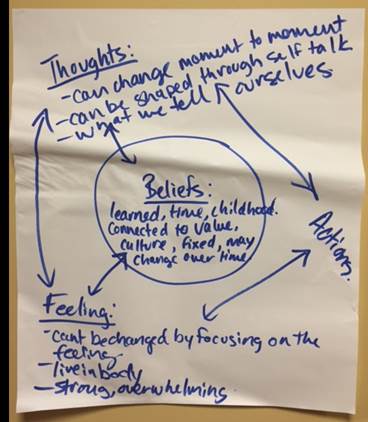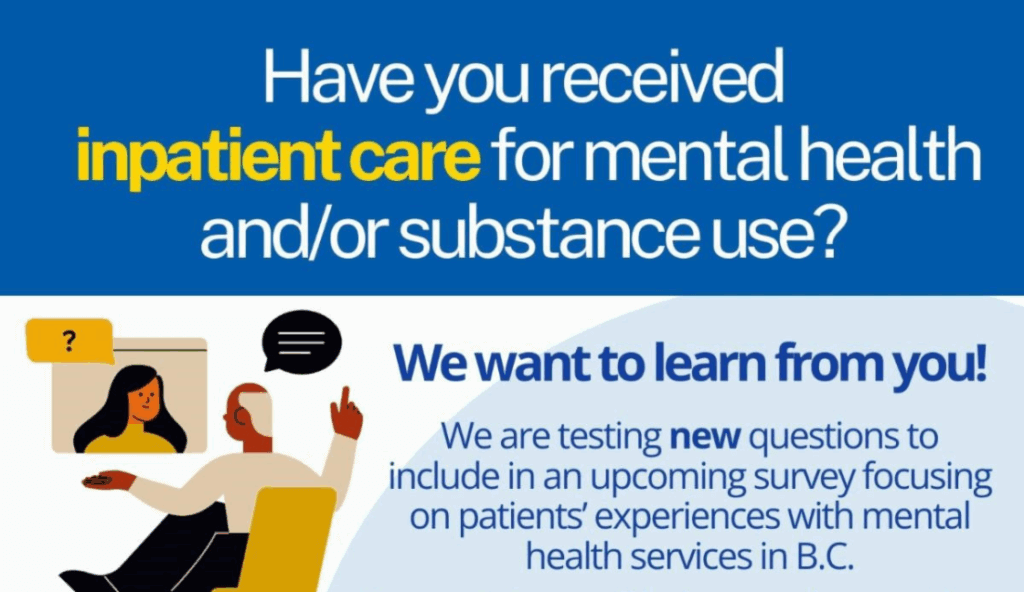
More On Helping Your Loved One

By Becky Hynes
(See also our previous article on Supporting vs. Enabling)
There are many different and sometimes conflicting thoughts and feelings that can go along with supporting a loved one who experiences mental health and/or substance use concerns. It can be difficult when our thoughts and feelings, or the reality of our situation, doesn’t align with our beliefs about who we are as individuals or as family members. Cultural values and expectations also come into play and can put even more pressure on caregivers.
Some common beliefs are:
- You do ANYTHING for your kids
- As parents, it’s our job to help our kids become independent in late adolescence / adulthood
- Beliefs about success (e.g. what does it mean to be successful? For ourselves? For our loved ones? For our community? How important is it to be successful?)
- Beliefs about helping vs. enabling

With all of this going on, it can be very hard to know what to think, feel and do when it comes to helping!
This is made even more complicated when we think about how the act of helping itself changes so much over time, sometimes from day to day.
Below is an image of the “helping dial”. You might find yourself turning up the help, or turning down the help at different times based on the needs of your loved one, other family members and yourself!

Times you might experience turning up the help:
- Family member is very unwell, or in crisis
- Your loved one has energy, insight and/or motivation to make change and wants your help
Times when you might experience turning down the help:
- Your loved one is doing well and working towards more independence
- Your loved one has asked you to back off
- You are exhausted, feeling ineffective and/or burning out
- You need to focus on yourself
- Other family members need attention
There are so many “moving parts” when it comes to helping. Here are a few more thoughts about helping:
- Helping the “right amount” means different things at different times depending on the situation
- There is no “right way” to help
- We are all human, we all make mistakes
- Often, we can’t know what will work until after the fact
- We learn from our experiences with helping
- We may have very different ideas/beliefs than our loved one about what will help our loved one
- Taking care of ourselves is at the centre of helping others
- We may have to act outside of our long standing beliefs and/or challenges our own beliefs when it comes to helping
- You and your loved one know best when it comes to knowing what’s needed in any situation – have faith in your knowing!

